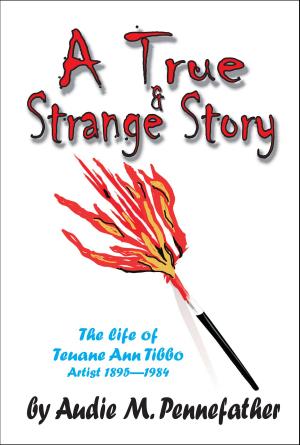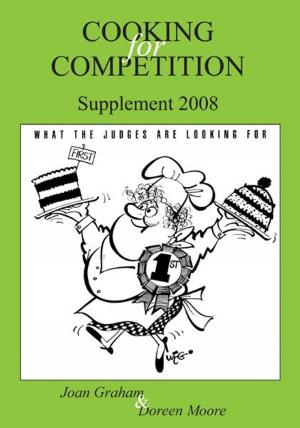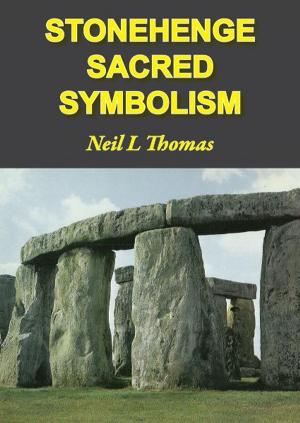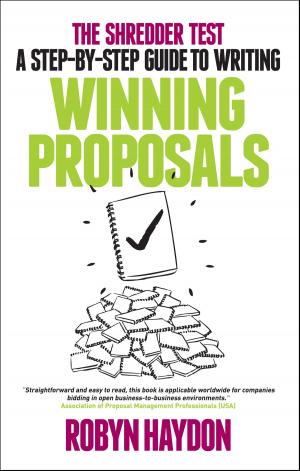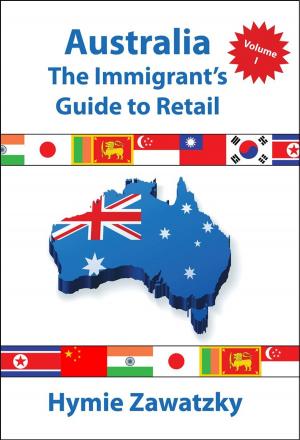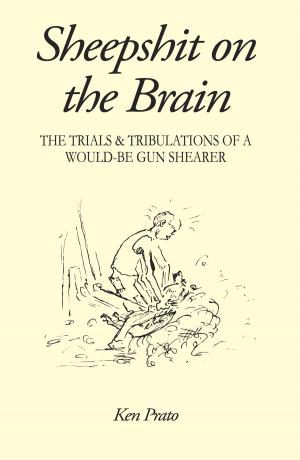King Arthur Lives Forever
Nonfiction, Social & Cultural Studies, Social Science, Folklore & Mythology| Author: | Neil L Thomas | ISBN: | 9780987213518 |
| Publisher: | BookPOD | Publication: | December 12, 2011 |
| Imprint: | Language: | English |
| Author: | Neil L Thomas |
| ISBN: | 9780987213518 |
| Publisher: | BookPOD |
| Publication: | December 12, 2011 |
| Imprint: | |
| Language: | English |
King Arthur Lives Forever is a story of Arthurian times. Prosperous Britannia had many cities and towns supported by an agricultural and commercial economy. Hundreds of large Roman style estates throughout the country were owned by native British and retired Roman legionnaires. Farmers grew cereals, raised cattle and sheep to feed the populace. Mining industries produced iron, copper, tin, lead and gold. Commerce prospered. King Arthurs forebears and successors, his kith and kin are known. Their pedigree begins in the fourth century with clan chief Cynedda of Scotland through to King Eliseg of Powys in AD 850. Raiders and invaders from other lands and across the seas envied the Islands wealth with covetous eyes. Britain needed a leader to protect the country. King Arthur had the military skills and ability to take British forces to victory from AD 480 to AD 519. Many battles were fought up and down the country, places and dates are newly identified. More than a dozen battles were fought against Saxon, Angles, Irish and Scots aggressors. The famous three-day Battle of Bath in AD 495 featured the colourful highly symbolic and allegorical tale The Dream of Rhonabwy, a story of people, their origins and rank. Saxon opponents were defeated and paid a large ransom. Played by kings and nobles in Britain and Ireland, a board game was named Kill the Goose. The symbolically significant game is featured in a number of important Celtic folk tales dating from the fifth and sixth centuries. A game of strategy and counter move, the Normans adopted the game in the twelfth century and gave it the English title Fox & Geese. The bubonic plague pandemic of AD 545 spelled the end of a prosperous Britain. The native population was seriously affected, aggravated further by increased Saxon and Angles conquest and settlement of England. The next four centuries are termed the Dark Ages in the history of Britain. About the Author: Dr Neil L Thomas like many other Australians of Welsh ancestry was interested in the real King Arthur. Benefiting from recent research, he has assembled scattered evidence to bring the reader a coherent account of commerce and prosperity in Arthurian times in Romano-Celtic-Britain.
King Arthur Lives Forever is a story of Arthurian times. Prosperous Britannia had many cities and towns supported by an agricultural and commercial economy. Hundreds of large Roman style estates throughout the country were owned by native British and retired Roman legionnaires. Farmers grew cereals, raised cattle and sheep to feed the populace. Mining industries produced iron, copper, tin, lead and gold. Commerce prospered. King Arthurs forebears and successors, his kith and kin are known. Their pedigree begins in the fourth century with clan chief Cynedda of Scotland through to King Eliseg of Powys in AD 850. Raiders and invaders from other lands and across the seas envied the Islands wealth with covetous eyes. Britain needed a leader to protect the country. King Arthur had the military skills and ability to take British forces to victory from AD 480 to AD 519. Many battles were fought up and down the country, places and dates are newly identified. More than a dozen battles were fought against Saxon, Angles, Irish and Scots aggressors. The famous three-day Battle of Bath in AD 495 featured the colourful highly symbolic and allegorical tale The Dream of Rhonabwy, a story of people, their origins and rank. Saxon opponents were defeated and paid a large ransom. Played by kings and nobles in Britain and Ireland, a board game was named Kill the Goose. The symbolically significant game is featured in a number of important Celtic folk tales dating from the fifth and sixth centuries. A game of strategy and counter move, the Normans adopted the game in the twelfth century and gave it the English title Fox & Geese. The bubonic plague pandemic of AD 545 spelled the end of a prosperous Britain. The native population was seriously affected, aggravated further by increased Saxon and Angles conquest and settlement of England. The next four centuries are termed the Dark Ages in the history of Britain. About the Author: Dr Neil L Thomas like many other Australians of Welsh ancestry was interested in the real King Arthur. Benefiting from recent research, he has assembled scattered evidence to bring the reader a coherent account of commerce and prosperity in Arthurian times in Romano-Celtic-Britain.




